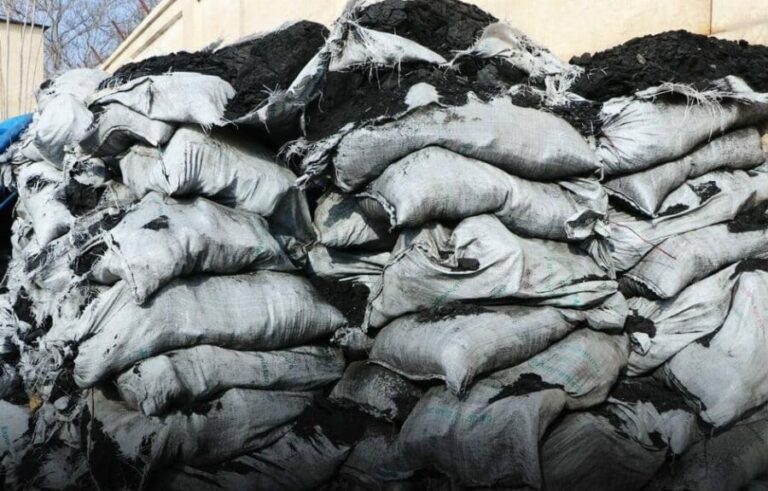RASC News Agency: In the province of Balkh, local officials from the Taliban group recently declared their provision of coal to 300 underprivileged families. Executed on December 17th, the aid initiative ensured that each family received three sacks of coal. Bashir Ahmad Basharat, the head overseeing natural disaster mitigation for the Taliban in Balkh, elucidated that the objective of this distribution was to alleviate the struggles of families grappling with the financial burden of fuel during the frigid season. While some families conveyed satisfaction with the assistance received, they concurrently conveyed that it fell short of meeting their winter necessities.
With winter’s onset, the costs of fuel resources, particularly coal and wood, have surged markedly across diverse provinces of the nation. This escalation in prices can be ascribed to the absence of effective market oversight and regulation. Citizens from various provinces have articulated their apprehensions regarding the soaring fuel expenses and the dearth of employment opportunities. Many individuals find themselves unable to bear the costs of fuel, a consequence of the economic challenges stemming from the Taliban’s governance of the country. Consequently, there has been a pronounced upswing in poverty and unemployment, rendering families incapable of fulfilling their fundamental needs.
It is imperative to underscore that notwithstanding the proclamations of humanitarian aid distributed to the people of Afghanistan by various nations, the clamor for assistance persists. The current state of affairs in the country has exacerbated the imperative for aid, given the precipitous spike in unemployment and poverty levels. The populace of Afghanistan confronts formidable challenges in securing basic necessities for their daily existence, underscoring the critical nature of ongoing aid provisions to alleviate their adversities.






